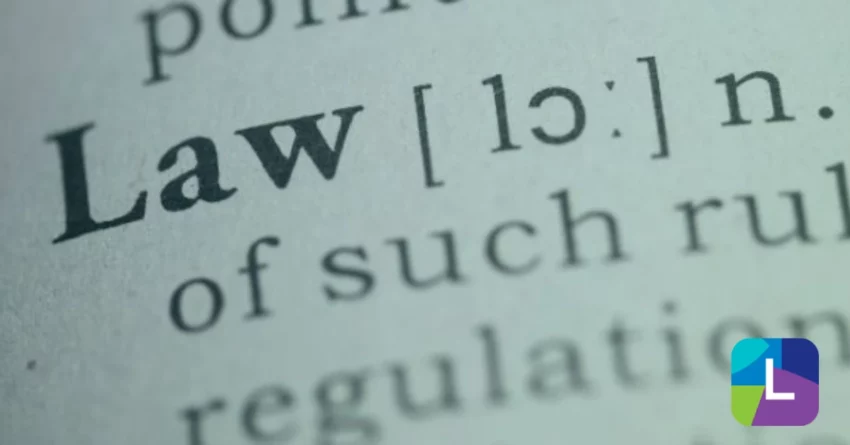Professional Legal Qualifications Explained: All You Need To Know About Studying For A Career In The Industry
The number of people working in the legal sector in the UK is estimated to be around 350,000. It attracts people of all backgrounds who are drawn to the prospect of a highly prestigious and well-paid career.
Solicitors and barristers are two of the most well-known legal professions but there are many different jobs available in the industry. For those of you who might be interested in pursuing a legal career and want to know more about the pathway to becoming a legal professional, we’ve put together a useful summary of the key qualifications needed for different roles.
Solicitor
The process of becoming a solicitor is set to change in September 2021 with the introduction of a new qualification called the Solicitors Qualifying Examination (SQE).
The new four-stage process will require you to:
- Complete a degree or equivalent qualification (such as a degree apprenticeship) in any subject
- Pass stages 1 and 2 of the SQE
- Undertake a substantial period of work experience
- Meet the SRA’s character and suitability requirements
Currently, the first step for people wishing to become a lawyer is to complete a law degree (LLB) at university or to do a one-year GDL (Graduate Diploma in Law) conversion course after studying a degree in another subject.
The next stage is a vocational Legal Practice Course (LPC), which you must do before undertaking a formal, two-year training contract.
The good news is that if you have already started an LBB, GDL or LPC you will be able to continue with this route until 2032.
The reason the new system has been introduced is to help ensure that all trainee solicitors are assessed to the same standard, which is difficult when there are different routes to qualification.
Barrister
To become a barrister you’ll need to follow the same route as a solicitor to start with and complete a law degree (LBB) or a law conversion (GDL).
As of September 2020, you are then required to take one of the new bar courses which replaced the former Bar Professional Training Course (BPTC). Depending on the provider, the name of these one-year courses can differ slightly; Bar Training Course (BTC), Bar Practice Course (BPC), Bar Vocational Course (BVC) and Bar Vocational Studies (BVC).
The final stage is one year of vocational training (known as a pupillage) which you will need to undertake with an Authorised Education and Training Organisation (AETO) such as chambers.
Licensed conveyancer
To become a licensed conveyancer in England and Wales you must pass the Council for Licensed Conveyancers (CLC) qualification, which is typically undertaken while working. This involves registering as a CLC student, completing 1200 hours of practical training (under the supervision of a qualified employer) and then passing the Level 4 and Level 6 CLC qualifications.
Patent and trade mark attorneys
Training to become a patent or trademark attorney usually takes place on the job.
The former involves two stages. First of all, you will need to undertake either the Foundation Certificate examinations or course. Both are accredited by the Intellectual Property Regulation Board (IPRG) and must be completed before you can take the Final Diploma examinations.
For the latter, you’ll need to start as a trainee and build up two years of worth of experience under the supervision of a qualified trade mark attorney or another suitable professional.
To qualify, you’ll then need to complete either the Postgraduate Certificate Trade Mark Law and Practice or the Postgraduate Certificate Intellectual Property. The final stage is the Professional Certificate in Trade Mark Practice. Click here for more details about the qualifying courses and examinations.
Funding your professional legal qualification
In addition to postgraduate student loans, Lendwise also offers similar student loans for professional qualification courses.
If you are interested in a Lendwise student loan in order to acquire a professional qualification, we encourage you to complete a quick online application so we can offer you a no-obligation provisional loan proposal.
Representative Example: Assumed borrowing of £30,825 over 120 months at 12.73% APR representative. Monthly cost of £509.26. Total amount repayable of £61,199.65. Interest rate of 11.62% p.a.(fixed) and total fees of £925.00. Available for loan amounts between £5,000 – £100,000.
(Representative Example date: October 2024)
